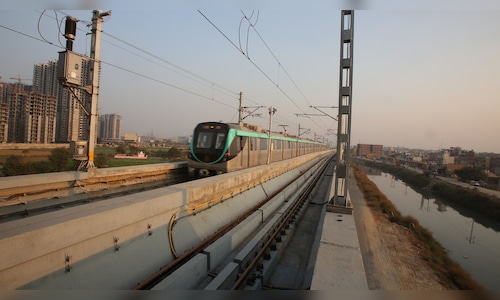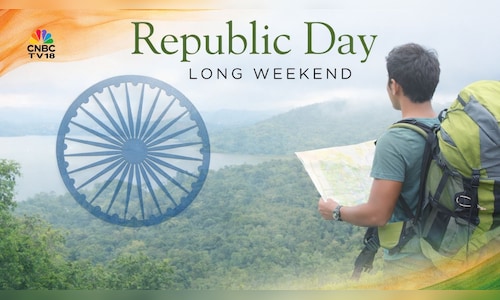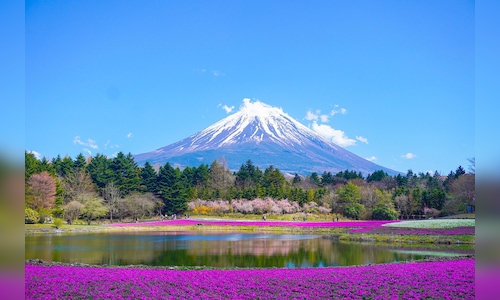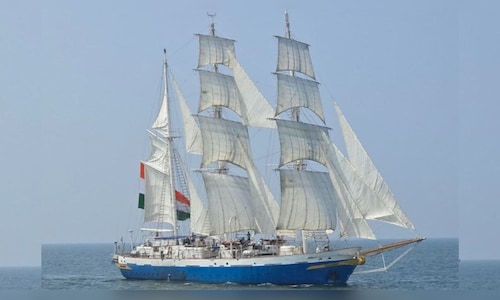The new stretch will cover 17.435 km and add 11 stations. Of this, 3.33 km with three stations will lie in Noida, while the larger portion—14.105 km with eight stations—will pass through Greater Noida. Once operational, the route is expected to be used by 1.23 lakh passengers every day, and over four lakh people in the region are likely to benefit from improved connectivity.
Phased Implementation
The project will move forward in two stages.
- Phase 1: Extension from Sector-51 to Sector-2.
- Phase 2: Further extension from Greater Sector-2 to Greater Sector-5.
Currently, the Aqua Line runs between Sector-51 and the Greater Noida Depot. Separately, there are already approved plans to expand the line up to Sector-142.
Project Cost and Sharing
The estimated cost of construction is Rs 2,991 crore. The burden will be split between Noida and Greater Noida authorities, with 33 percent borne by Noida and 67 percent by Greater Noida.
The wider funding pattern involves multiple agencies:
- Government of India: 12.97%
- Government of Uttar Pradesh: 12.97%
- NCR Planning Board: 44.98%
- Greater Noida Authority: 10.04%
- Noida Authority: 5%
- Additional support: Grants-in-Aid (GIA) and GeoUP
Proposed Stations
The new corridor will start from the existing Sector-51 station. Sector-61 will be developed as an interchange hub. Other planned stations include:
- Sector-70
- Sector-122
- Sector-123
- Greater Sector-4
- Ecotech-12
- Greater Sector-2
- Greater Sector-3
- Greater Sector-10
- Greater Sector-12
- Knowledge Park-5
A presentation for PIB clearance is likely by the end of November or the first week of December. If approval is granted, construction could begin within three months. Civil works are targeted for completion by the end of next year.
According to Mahendra Prasad, Executive Director of the Noida Metro Rail Corporation (NMRC), the new route through Greater Noida Extension will significantly ease traffic congestion between Noida and Greater Noida. He added that the project will provide a faster, more reliable mode of travel while also boosting regional development.
(Edited by : Vivek Dubey)






